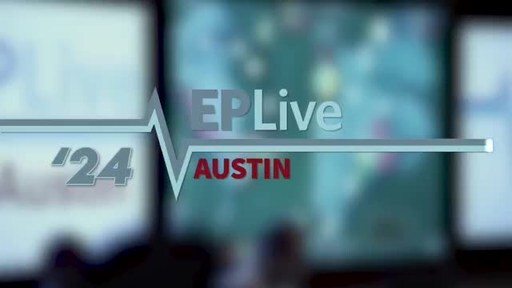TCAI physicians participate in clinical trial for potential life-saving device for patients with heart rhythm disorders
News provided by
Texas Cardiac Arrhythmia Institute at St. David’s Medical Center05 Feb, 2021, 11:08 GMT
AUSTIN, Texas, Feb. 5, 2021 /PRNewswire/ -- Physicians with the Texas Cardiac Arrhythmia Institute (TCAI) at St. David's Medical Center are among the first in the world to participate in a clinical trial to evaluate a new esophageal protection device designed to make ablation procedures safer for patients with atrial fibrillation (A Fib), the most common type of cardiac arrhythmia. Andrea Natale, M.D., F.H.R.S., F.A.C.C., F.E.S.C., cardiac electrophysiologist and executive medical director of TCAI, and Amin Al-Ahmad, M.D., cardiac electrophysiologist at TCAI, recently participated in the first-in-human trials in Europe.
Given the close proximity of the esophagus to the posterior wall of the left atrium of the heart, thermal energy may enter into the esophagus during ablation, causing an atrio-esophageal (AE) fistula, which is an abnormal connection between the esophagus and atrium. It is among the most serious and life-threatening complications from ablation. This device works by using suction to pull the esophagus away using negative pressure during ablation procedures.
"While esophageal injury is uncommon during ablation, perforation of the esophagus can lead to sepsis, which is often fatal," Dr. Natale said. "This new device may allow us to better protect the esophagus during ablation, further reducing the risk of complication to ensure best possible outcomes for our patients."
TCAI physicians tested the esophageal protection device on approximately 10 patients in Europe, with plans to make it available to TCAI patients upon FDA approval. This technology could be available in the United States in two to three years.
Media Contact:
Stacy Slayden
Elizabeth Christian Public Relations
SSlayden@EChristianPR.com
254.592.2767 cell





Share this article